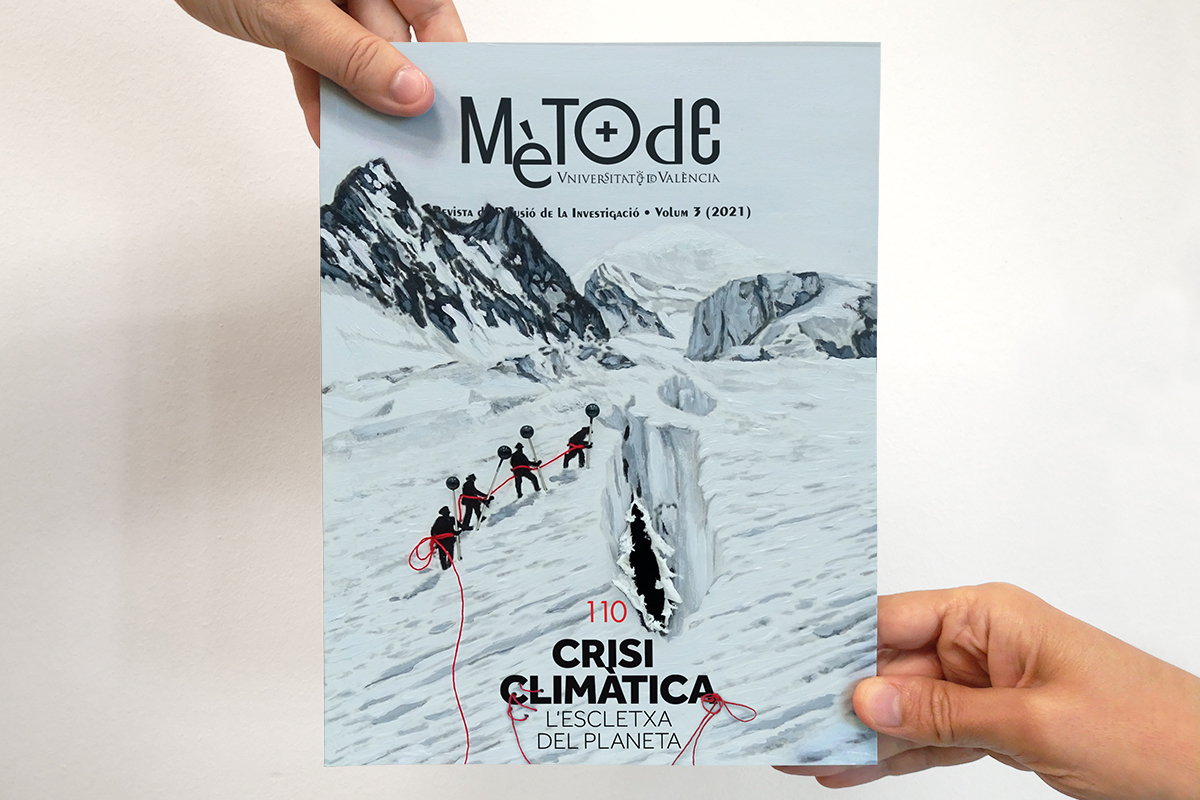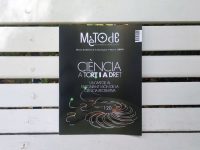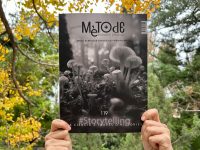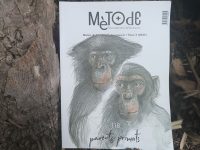“Mètode” analyses the environmental, social, and economic impacts of climate change
Volume 110 of the journal of the University of Valencia focuses on the multiple dimensions of the climate crisis.

Climate change is currently one of the most evident manifestations of the impact of human activities on the planet. The rise in temperature, the increase in extreme climate events, the rise in sea levels, the alteration of crops… The consequences of climate change are multiple and apparent, which is why the latest issue of Metode focuses on analysing the climate crisis from a multidisciplinary and multifaceted perspective. «Climate Crisis: The crevice of the planet» is the title of the monograph, which has been coordinated by the director of the Basque Centre for Climate Change, María José Sanz, and Professor Sérgio Henrique Faria, researcher at the same centre.
The volume includes a selection of articles and essays on the new climate regime of the Anthropocene, the impact of climate change on the cultivation of citrus fruits and changes in high mountain ecosystems. It also offers an analysis of the climate crisis from the fields of feminist studies, politics, and economics. As Jorge Olcina, professor at the University of Alicante, points out, this issue reminds us that «this has to be the decade of climate action».
The monograph on the climate crisis is accompanied by the works of Anna Moner and Sebastià Carratalà, who have revisited the mountain expeditions of the 19th century to invite us to reflect on the scars of the planet and our ability to heal them.
Can theology be a science?
Sociologist Gabriel Andrade questions in an extensive paper whether theology can ever be a science. According to Professor Andrade, «many dubious disciplines have been removed from academic institutions, but theology is not one of them, as it is still taught in respectable universities».
Issue 110 also includes articles on a variety of subjects dealing with current issues of scientific interest. Carles Arnal analyses whether there is a relationship between the 2020 lockdown and the number of hectares of forest burned in the same period. Daniel Closa offers us a view of epidemics from literature, and Xavier Duran shows us the ecological footprint of big data, among other consequences of the use of massive data on the Internet. Finally, Metode‘s regular contributors close the issue with pieces on science and cinema, space exploration, and genetics. All this, and much more, in a new issue of the popular science journal of the University of Valencia.





